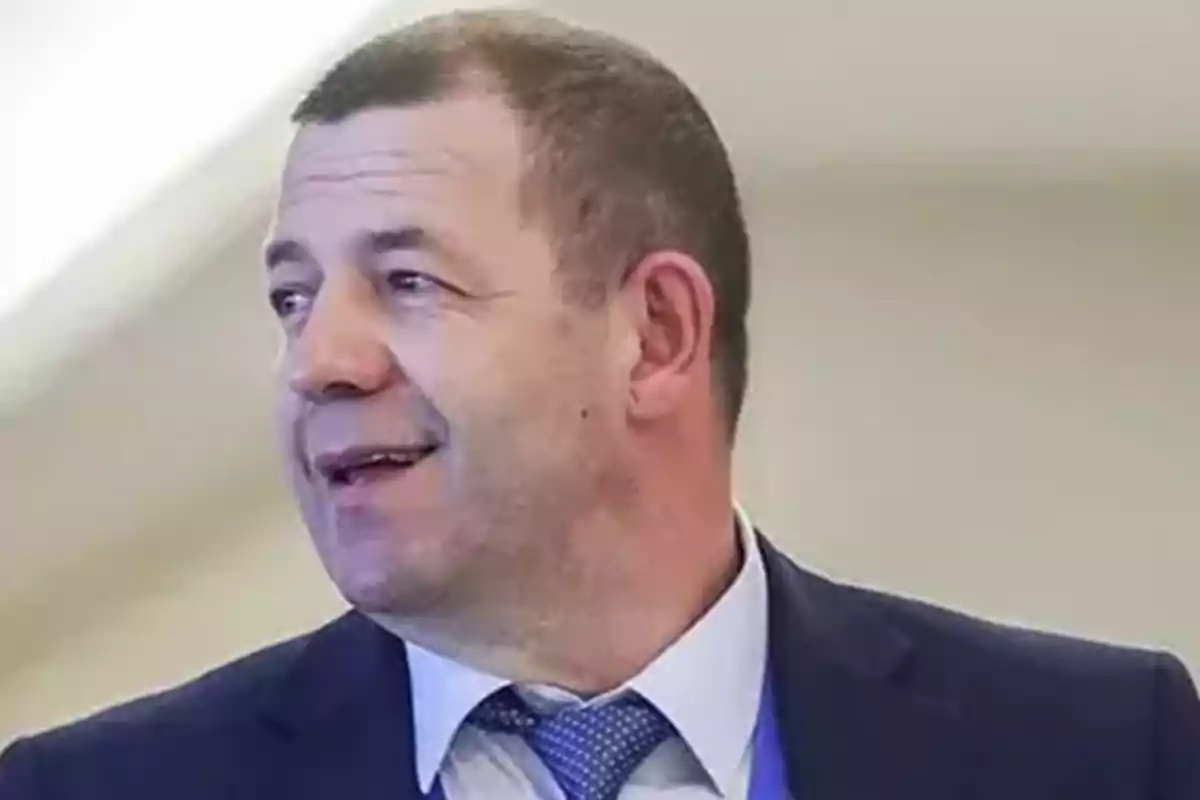
A Russian general was killed in a terrorist attack in Moscow.
This Friday morning, a high-ranking Russian army officer was killed in an explosion, while Putin meets with Trump's envoy
On Friday, a high-ranking Russian general, Yaroslav Moskalik, died in a car bomb attack in the city of Balashikha, located less than 30 kilometers (18.6 miles) east of Moscow.
Moskalik, who served as deputy chief of the Main Operations Directorate of the General Staff of the Russian Armed Forces, died after the detonation of an improvised explosive device loaded with shrapnel.
The attack, whose circumstances have not yet been fully clarified, occurred near his residence. According to Russian security sources, the bomb had been placed in a parked car and was remotely detonated when the general was walking near the vehicle.
The explosion, which engulfed the car in flames, was captured on video by witnesses and prompted a swift response from Russian authorities, who have launched a criminal investigation.
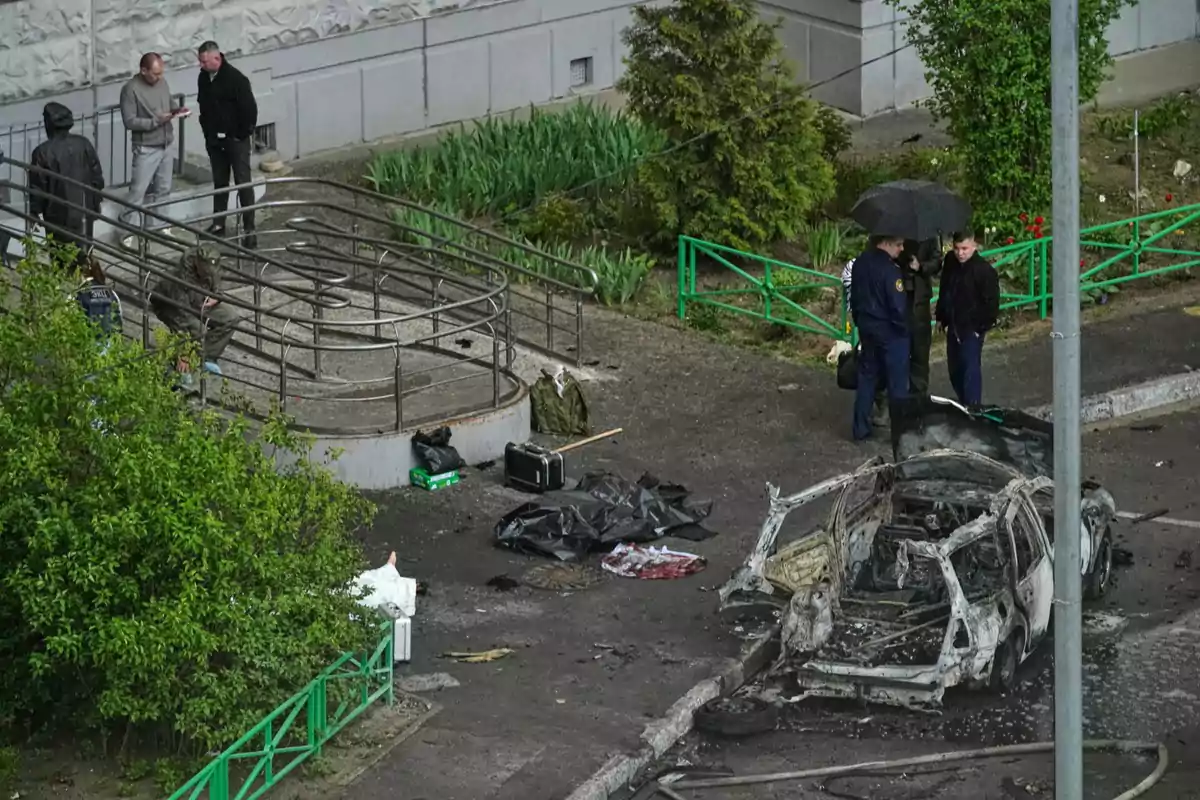
Moskalik's death is reminiscent of the assassination last December of Lieutenant General Igor Kirillov, head of the Russian forces for radiological, biological, and chemical protection, who died after a bomb hidden in an electric scooter exploded in Moscow.
In that case, Ukraine admitted its involvement, justifying the attack by the alleged use of chemical weapons by Kirillov against its troops.
So far, no group has claimed responsibility for the attack on Moskalik, although suspicions again fall on Ukrainian covert operations.
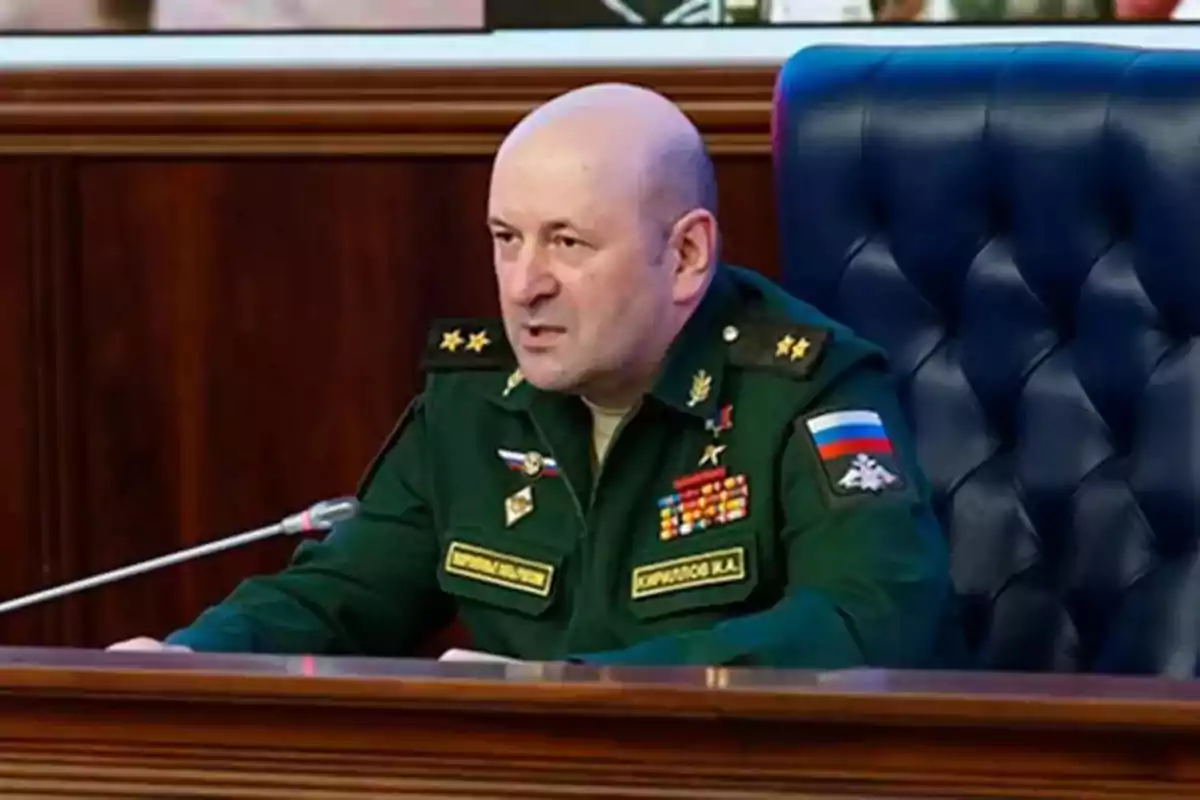
The general's death occurred in a delicate context: the same day, the special envoy of U.S. President Donald Trump, Steve Witkoff, held a lengthy three-hour meeting with Russian President Vladimir Putin at the Kremlin.
Witkoff, a businessman and close advisor to Trump, has already made four visits to Moscow since Trump resumed the presidency in January.
This latest visit is especially critical, as Trump imposed a 100-day deadline to reach an agreement to end the war in Ukraine. The meeting, according to Russian presidential advisor Yuri Ushakov, was "constructive and very useful."
During the meeting, both parties discussed divergent peace proposals. The version supported by the Trump administration proposes U.S. recognition of Crimea as Russian territory, Ukraine renouncing joining NATO, and the lifting of sanctions against Moscow.

In return, Russia would stop the war and commit to providing "robust" security guarantees for Ukraine. This proposal was harshly criticized by Ukrainian President Volodymyr Zelensky, who called it unacceptable to recognize Crimea as Russian, as it contravenes the Ukrainian constitution and international law.
On the other hand, the proposal supported by Ukraine and its European allies suggests an immediate ceasefire followed by territorial negotiations, in addition to Kiev receiving defense guarantees similar to NATO's Article 5, without necessarily formally joining the alliance.
Trump has publicly expressed his frustration with the slow pace of negotiations. In a post on Truth Social, he condemned the recent Russian attacks on Kiev, one of the deadliest in the past year, calling them unnecessary and with "very bad timing," given the advanced state of the talks. "Vladimir, STOP! 5,000 soldiers die per week. Let's finish this peace deal," wrote the U.S. president.
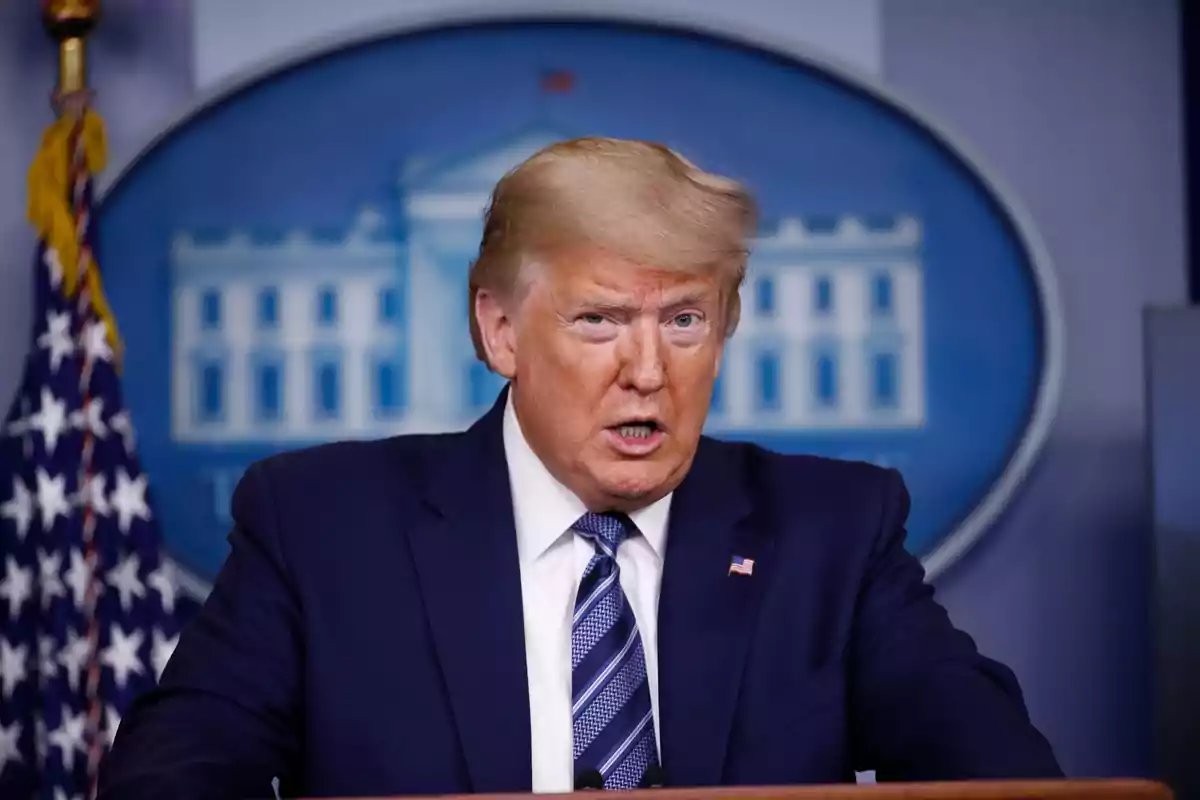
Vice President JD Vance also spoke in favor of freezing the current territorial lines as a basis for a potential peace agreement, a stance that aligns with Trump's circle but clashes with Ukrainian demands.
Despite Washington's pressure on Kiev to make concessions, Zelensky has remained firm in his refusal to recognize the annexation of Crimea or cede additional territories to Russia.
However, the intensification of the conflict, coupled with recent attacks and the political uncertainty on both sides, could alter the course of negotiations in the coming days.
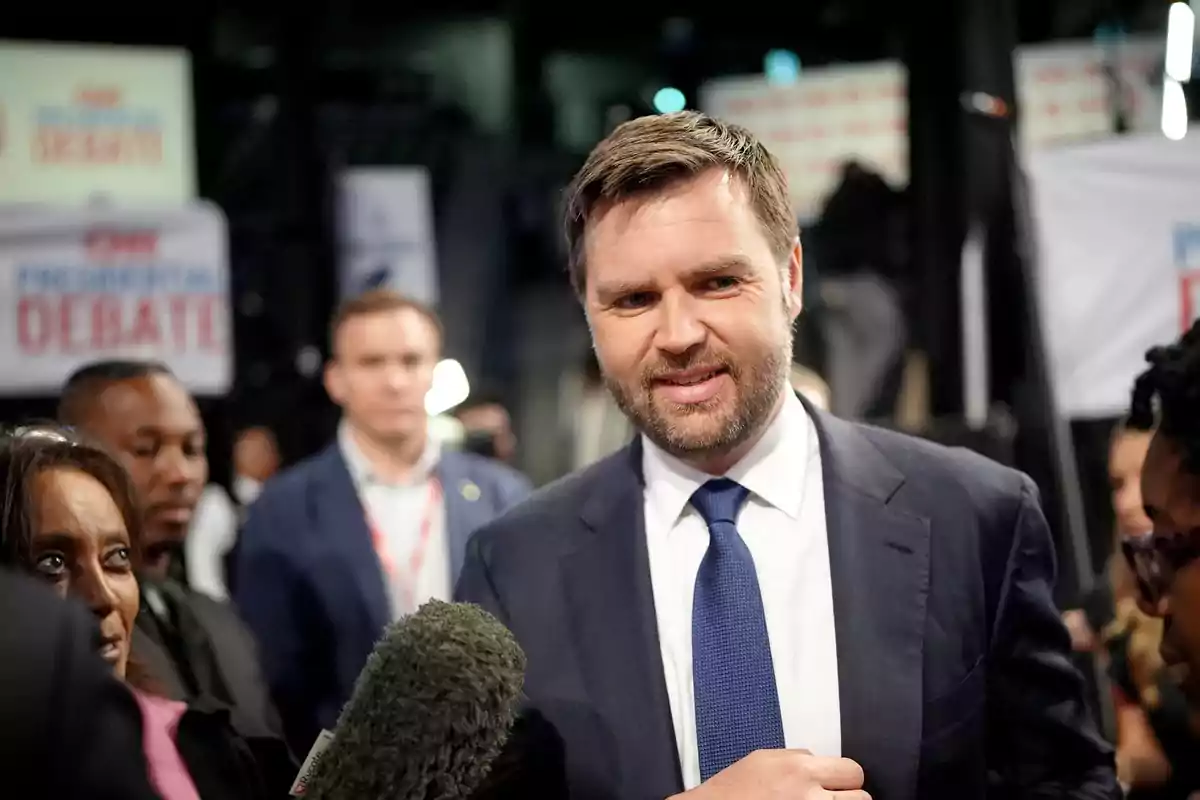
More posts: